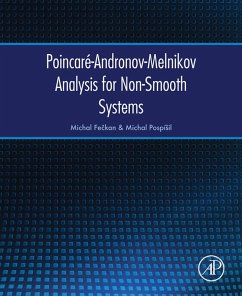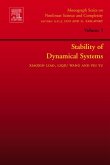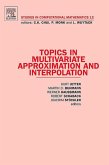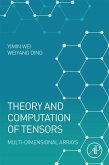The relationship between non-smooth systems and their continuous approximations is investigated as well. Examples of 2-, 3- and 4-dimensional discontinuous ordinary differential equations and impact systems are given to illustrate the theoretical results. The authors use so-called discontinuous Poincaré mapping which maps a point to its position after one period of the periodic solution. This approach is rather technical, but it does produce results for general dimensions of spatial variables and parameters as well as the asymptotical results such as stability, instability, and hyperbolicity.
- Extends Melnikov analysis of the classic Poincaré and Andronov staples, pointing to a general theory for freedom in dimensions of spatial variables and parameters as well as asymptotical results such as stability, instability, and hyperbolicity
- Presents a toolbox of critical theoretical techniques for many practical examples and models, including non-smooth dynamical systems
- Provides realistic models based on unsolved discontinuous problems from the literature and describes how Poincaré-Andronov-Melnikov analysis can be used to solve them
- Investigates the relationship between non-smooth systems and their continuous approximations
Dieser Download kann aus rechtlichen Gründen nur mit Rechnungsadresse in A, B, BG, CY, CZ, D, DK, EW, E, FIN, F, GR, HR, H, IRL, I, LT, L, LR, M, NL, PL, P, R, S, SLO, SK ausgeliefert werden.









